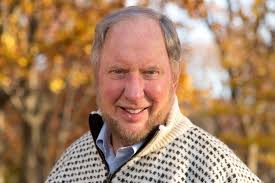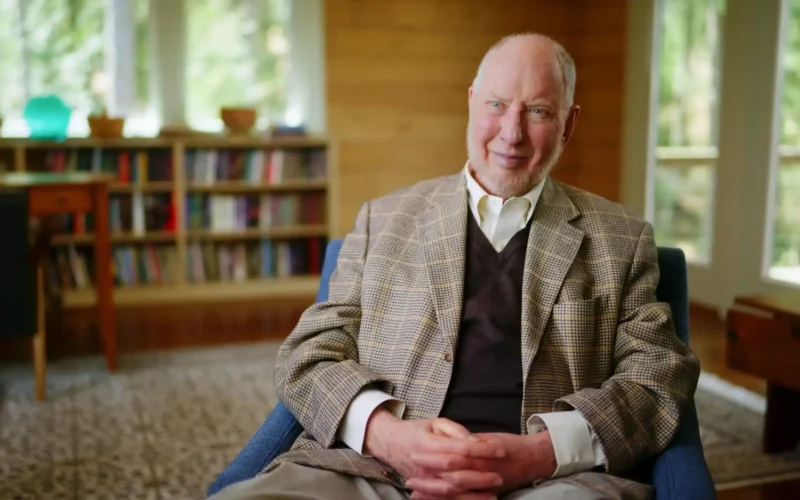Robert Putnam is a noteworthy Political Scientist who has written twelve books, so far, during his career. Robert David Putnam was born on January 9, 1941. He is a political scientist who specializes in comparative politics. Putnam is the Peter and Isabel Malkin Professor of Public Policy at Harvard University’s John F. Kennedy School of Government. He has won many honors, among them are some. Robert Putnam has been a member of the National Academy of Sciences since 2001. He has been a Fellow of the American Academy of Arts and Sciences since 1980, and he was the President of the American Political Science Association (2001–2002). Do you think Robert Putnam has won enough awards given his career achievements?
Robert Putnam Biography

Robert Putnam was born on January 9, 1941, in Rochester, New York. Robert Putnam graduated from Swarthmore College in 1963, where he was a member of the Phi Sigma Kappa fraternity. He won a prestigious Fulbright Fellowship to study at Balliol College, Oxford, and he earned a master’s degree and doctorate from Yale University in 1970. He taught at the University of Michigan until joining the faculty at Harvard in 1979, where he has been the Dean of the Kennedy School. Robert Putnam is currently the Malkin Professor of Public Policy.
His first work in the area of social capital, where he wrote his most famous book, was Making Democracy Work: Civic Traditions in Modern Italy. published in 1993. Making Democracy Work is a comparative study of regional governments in Italy that drew great attention for its argument that the success of democracies depends in large part on the horizontal bonds that make up social capital.
Robert Putnam writes in Making Democracy Work that northern Italy’s history of community, guilds, clubs, and choral societies led to greater civic involvement and greater economic prosperity. That is a theme that will appear in Putnam’s future work. Meanwhile, the agrarian society of Southern Italy is less prosperous economically and democratically because of less social capital.
In other work, Robert Putnam developed the influential two-level game theory that assumes international agreements will only be successfully brokered if they also result in domestic benefits. His most famous work, Bowling Alone, argues that the United States has undergone an unprecedented collapse in civic, social, associational, and political life (social capital) since the 1960s, with serious negative consequences.
In 1995, Robert Putnam published “Bowling Alone: America’s Declining Social Capital” in the Journal of Democracy. The article was widely read and gave him a great deal of attention, including an invitation to meet with then-President Bill Clinton and a spot in the pages of People Magazine.
In 2000, he published Bowling Alone: The Collapse and Revival of American Community, a book-length expansion of the argument that Putnam made in the Journal of Democracy, adding new evidence. Though he measured the decline of social capital with data of many varieties, his most striking point, and the title of the book and cover photo, was that many traditional civic, social, and fraternal organizations, like bowling leagues, had undergone a massive decline in membership while the number of people bowling had increased dramatically.
In an academic innovation, Robert Putnam, in the book-length version of Bowling Alone, distinguishes two kinds of social capital: bonding capital and bridging capital. Bonding occurs among similar people (same age, same race, same religion, etc.), while bridging involves the same activities among dissimilar people. He argues that peaceful multi-ethnic societies require both types of social capital. These types of social capital are symbiotic. They strengthen each other, and when they weaken, a democratic society weakens.
Conclusion
Robert Putnam has remained active. In March 2015, he published a book called Our Kids: The American Dream in Crisis that looked at issues of inequality of opportunity in the United States, which is severe. Robert Putnam is well-known. According to the Open Syllabus Project, Putnam is the fourth most frequently cited author on college syllabi for political science courses.








